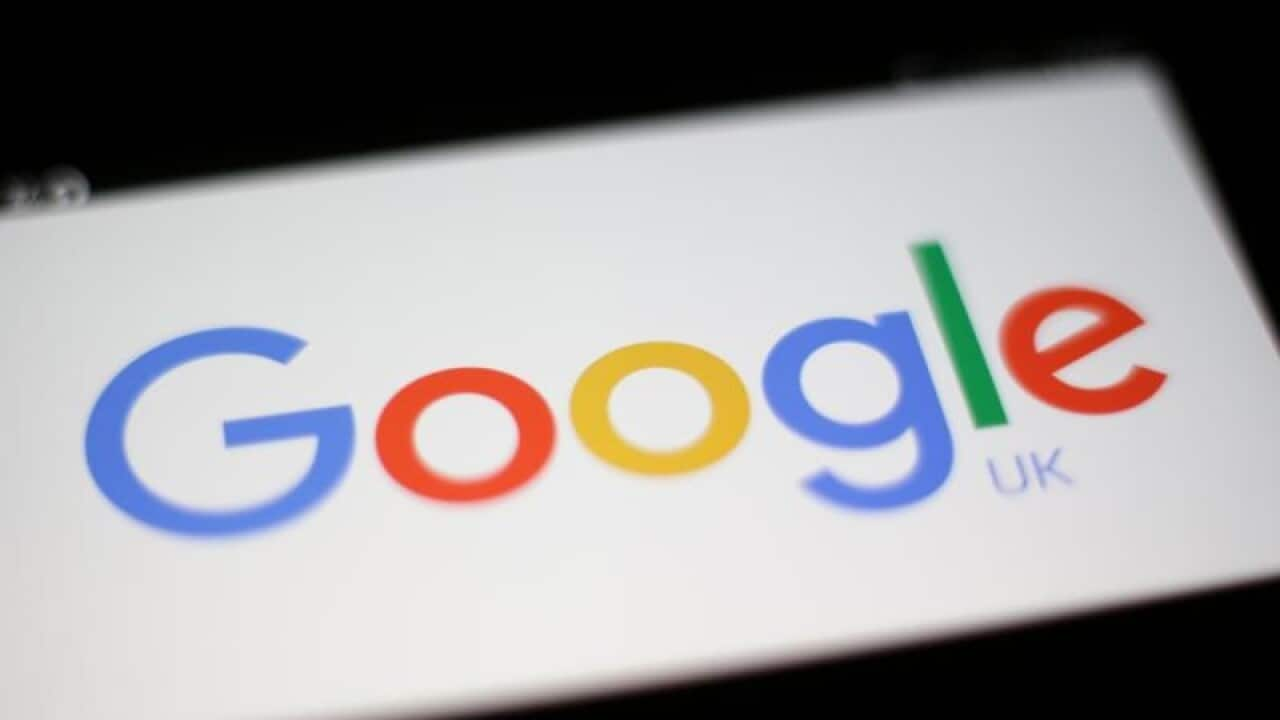A move by Google that enables people to self-check their mental health could do more harm than good if it returns a false-positive result for clinical depression, an expert says.
Google has teamed up with the National Alliance on Mental Illness (NAMI) to offer US users the chance to take a self-assessment to see whether they should seek help for depression.
Anyone searching for "am I depressed?" or a similar phrase via a computer or mobile will be signposted to the Patient Health Questionnaire-9 (PHQ-9).
This tool asks questions such as the frequency with which people feel down or depressed, energy levels, sleeping patterns, appetite, level of interest in things or suicidal thoughts.
Google and NAMI have stressed that the test should not replace diagnosis by a qualified mental health professional, and argue it will help people seek help more quickly.
Google has also said users will not have their answers logged by the company and will not be targeted by advertising related to depression.
But Simon Gilbody, professor of psychological medicine at the University of York, said the PHQ-9 tool was developed with funding from drugs firm Pfizer and questioned whether it could lead to over-treatment, especially of people whose depression may resolve on its own.
Writing in the British Medical Journal, he said the chance of receiving a "false positive" from the test was high and some people may actually be suffering from problems other than depression, such as post-traumatic stress disorder.
"Much of the pathology that is picked up is transient psychological distress, which will remit without treatment," Gilbody said.
"Screening programmes should be implemented only when there are adequate resources in place to meet the demand they generate.
"Treatment resources for depression are inadequate in most health systems, and it is likely that screening programmes will add to the upward trend in antidepressant prescriptions (which have the greatest year on year increase of any drug class)."
But US-based clinical psychiatrist Ken Duckworth said offering a screening test for people who were already seeking information online "could raise awareness to improve identification and treatment".
He wrote in the BMJ that the tool was not meant to replace clinical screening, nor did it constitute a universal screening programme.

